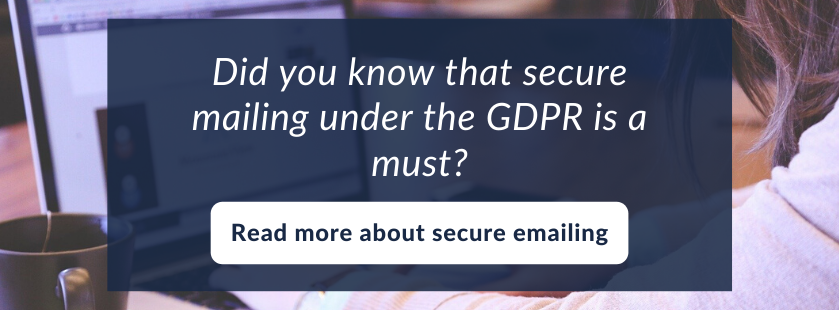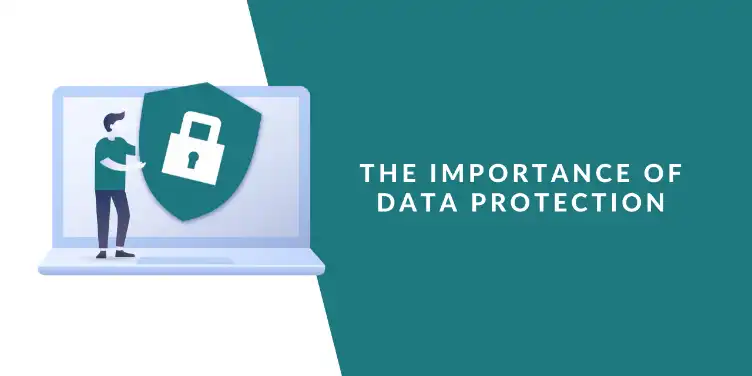Data has become both more valuable, as vulnerable. In a time where digitalization has accelerated, we need to keep up with the protection of our data. Because, our data is not only interesting to ourselves, but somehow also to others. A casual or careless attitude towards the protection of this data, can then cause damage to organizations and persons.
In every organization there are flows of information, shared both internally as externally with relations, stakeholders and customers. Not all information is sensitive and should be protected under the rules of the GDPR. But when we think of medical data, financial data or sensitive data that could lead to a person’s identity, we need to be more careful. It seems clear that the rules on protecting this kind of data need to be tightened. Yet, not every organization has the realization that this also applies to their organization. And that’s a shame: imagine what the consequences would be for your organization, if sensitive information would be shared with unauthorized persons. Not only could this bring financial hassle, but also unpleasant side effects to the persons concerned.
Data theft is evolving
We could mention numerous of reasons why you should start considering a solution to keep your data secure. But it all comes back to one main problem: others interest in your data. In other words, there are always people on the lookout to get your data and misuse it. Last year, there were several data leaks, from ransomware attacks to sending information to wrong recipients. Different kinds of data fell into wrong hands, likes usernames, passwords, bank details as also medical data.
As we are always trying to find ways to improve our businesses – and hopefully the security of our data – so are cyber criminals, when it comes to inventive ways to get to that data. Some examples:
- Phishing emails in times when people are less focused. This is a trend we currently see, now more people are working from home and are less careful when it comes to emails. Since the Covid-19 pandemic, there has been an increase in phishing emails with, mentioning the virus as its subjects. Opening these emails and clicking on links could then result in access to unauthorized persons.
- Access to systems via ransomware. If you install unsafe systems to your computer, there is a big chance you are unconsciously inviting cyber criminals to get access to your data. Whenever they have gained access to your systems, it’s just a matter of time until they will find the sensitive data they can use against you and your organization.
Take action, keep your data secure
Yes, data being stolen is a nightmare. But, think of what can happen after. Identity fraud is one of those unpleasant consequences, where one can pretend to be a person and misuse their data. By using personal data, products and services can be requested upon your name or bankcards could be activated. Or what about stolen corporate data? What if sensitive data of your customers, employees and organization will reach the wrong persons? What if all this data will be leaked to the outside? Or even, what if economic espionage, sabotage, destabilization and CEO fraud is the focus of these criminals?
It’s time to consider how we can prevent this, by reducing every chance on data theft. As an organization you shouldn’t take the right security of data lightly and start evaluating how well you are protected currently.
There are minor things you can already do yourself, like making sure you use strong passwords to keep unauthorized persons away from your data or avoiding open WiFi networks, that could also be an open door to your systems.
But also, it’s smart to see how your communication flows are secured. Can you use email the right way and are there possibilities to encrypt your data, to make sure it will be sent with the maximum security possible?
Start taking action and don’t sit still – cybercriminals won’t do either.

